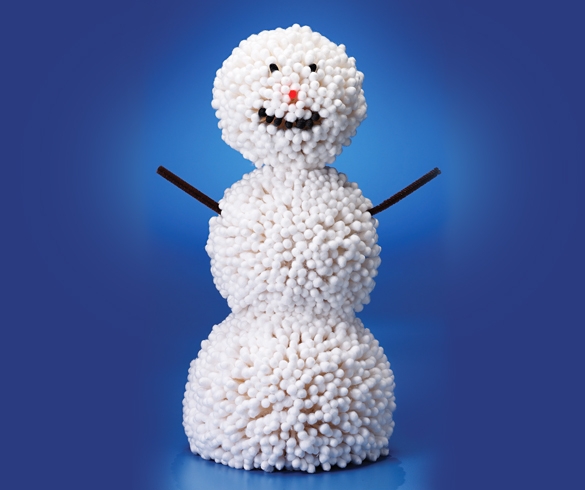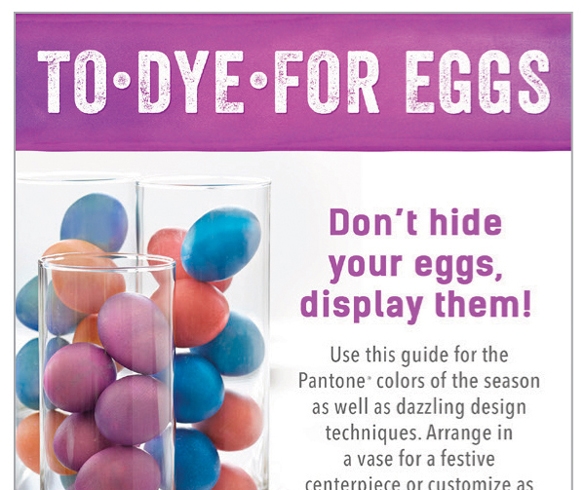
A lack of sleep could cause more than exhaustion: It might also affect the number on the scale.
Several studies have linked sleep deprivation to weight gain. One study found women who slept fewer than six hours per night were at much higher risk for gaining significant amounts of weight than those who slept seven hours per night.
In a separate study, participants who were sleep deprived showed stronger preferences for high-calorie foods like chocolate and potato chips. A lack of sleep led participants to request foods that were 600 calories higher than the foods they wanted when they were well rested.
Sleep expert Dr. Charlene Gamaldo, the medical director at the Johns Hopkins Center for Sleep, notes that sleep deprivation interferes with appetite-regulating hormones and decreases willpower. Fatigue impairs the nucleus accumbens, the reward center of the brain that leads to addictive behavior, and the prefrontal cortex, the area of the brain that controls inhibition. The brain changes can lead to reward-seeking behavior — like the euphoria that accompanies gobbling a chocolate cupcake — so Gamaldo is not surprised new research has linked sleep deprivation with increased calorie consumption.
A 2018 study published in the American Journal of Clinical Nutritionfollowed 42 normal weight participants for four weeks; half of the group slept 5–7 hours per night and the other half were assigned to a “sleep extension” group to increase their sleep an additional 1 1/2 hours per night. Those who slept longer reduced the amount of sugar in their diets the following day, decreasing their intake as much as 10 grams.
LACK OF SLEEP AS A NEW RISK FACTOR
Consumption of added sugars has been linked to weight gain, Type 2 diabetes and heart disease. The U.S. Centers for Disease Control and Prevention recommends limiting added sugars to less than 10% of total daily calories — about 200 calories in a 2,000-calorie diet — but the average diet includes 13% of daily calories from added sugars.
The new research suggests that getting a good night’s sleep could help control cravings, keeping sugar intake — and weight — in check. The study also shows that longer sleepers also consumed fewer carbohydrates and less fat. Based on the findings, the researchers called sleep deprivation, “a newly identified modifiable risk factor for obesity.”
READ MORE > RANKING THE BEST AND WORST SLEEP POSITIONS
FIND YOUR SLEEP SET POINT
While the link between sleep deprivation and increased calorie consumption is well-established, Gamaldo doesn’t advise crawling between the sheets every time you crave something sweet because there is no evidence oversleeping drives cravings into submission.
“We do know that your cravings will be more insatiable when you’re sleep deprived but it’s not clear whether cravings are worse if you get two hours sleep versus six hours of sleep,” she explains.
Each person has their own sleep set point: Most people need 7–9 hours of sleep per night (and long sleepers might need as much as 9 1/2 hours of sleep snuggled beneath the covers). As long as you sleep enough to meet your own set point, you should be able to keep cravings and sugar consumption in check.
Gamaldo warns that not hitting that sleep set point makes it harder to fight off cravings, noting, “Even if your sleep falls 15–30 minutes short, it will create an uphill battle.”







